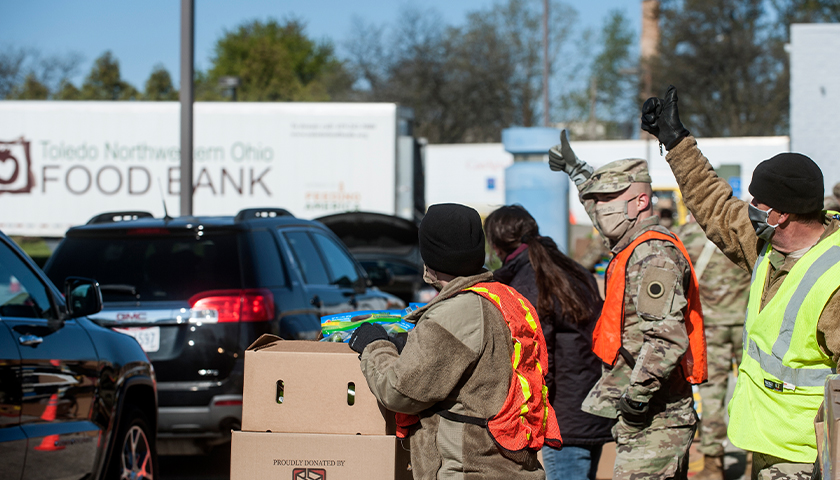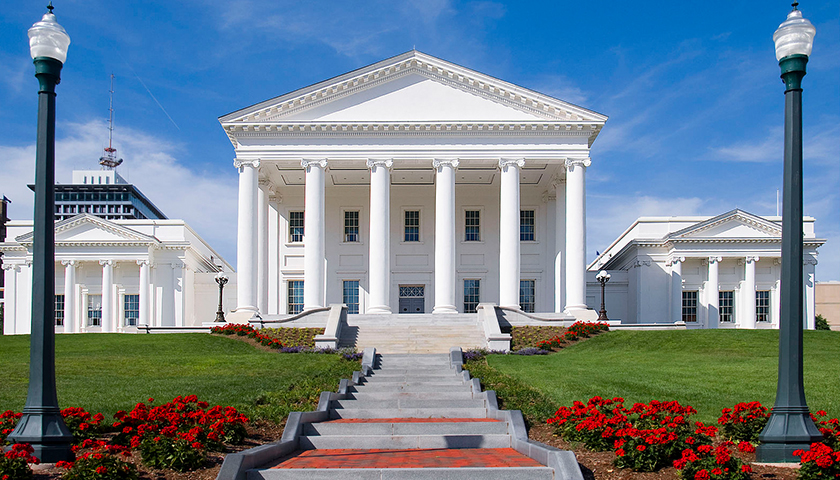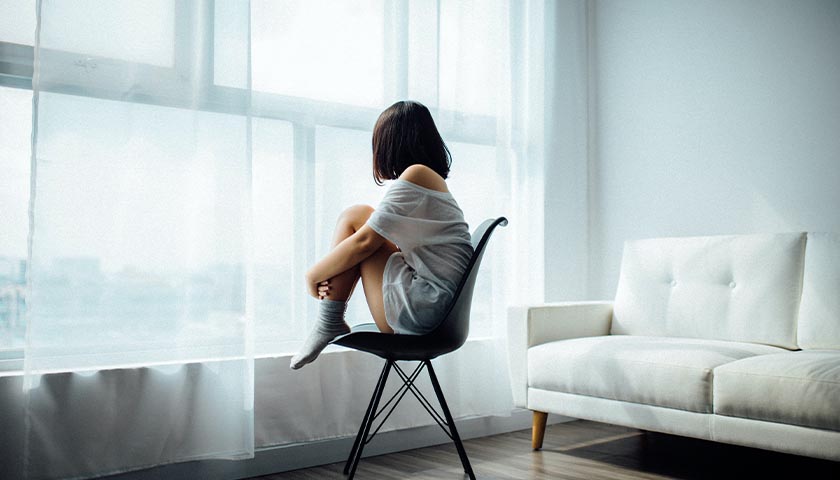Over 40% of U.S. households said they experienced severe financial hardship during the COVID-19 pandemic, citing difficulties paying bills, credit cards and draining their savings, according to a Harvard University report.
The survey conducted by the Harvard T.H.Chan School of Health, the Robert Wood Johnson Foundation, and the National Public Radio asked roughly 3,600 participants between July and August about problems they faced during the pandemic and how it affected their lives in recent months. Respondents were asked about financial, healthcare, education and personal safety concerns.
Roughly 30% of adults interviewed said they used up all or most of their savings during the pandemic, while 10% reported they had no savings before the pandemic began, according to the report. About one in five households had difficulties paying credit cards, loans, and other debts as well as utilities.
Read More



